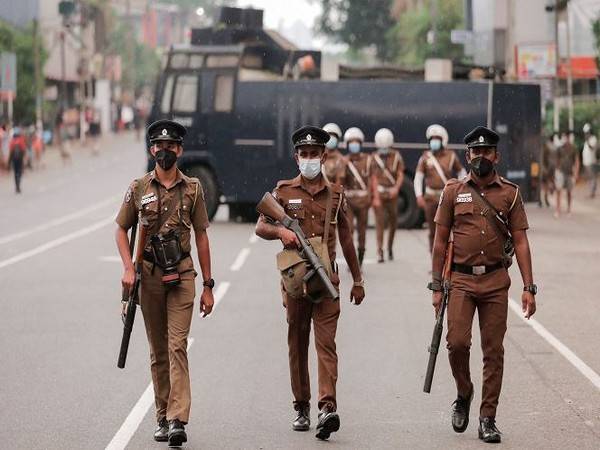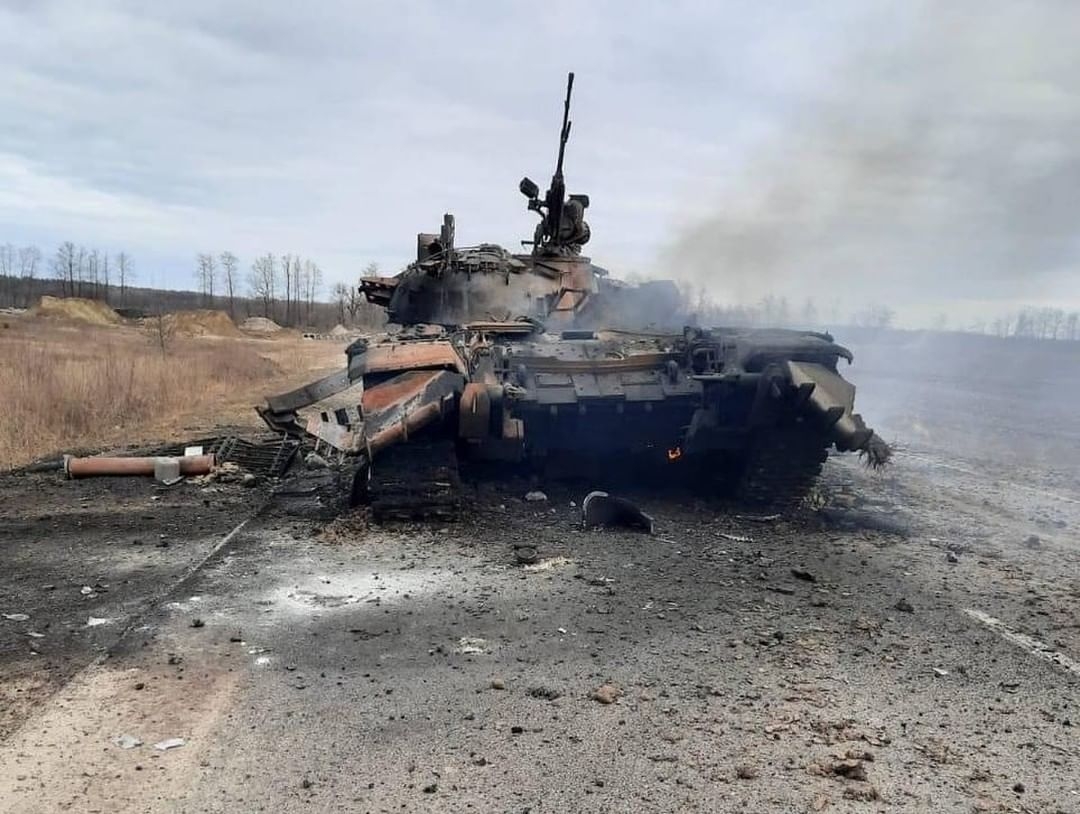While the new bill contains some improvements, it includes provisions that will facilitate abuse….reports SUSITHA FERNANDO
New York-based international human rights group, Human Rights Watch (HRW) has urged India and other international partners of Sri Lanka to ensure that the highly criticised new counter-terrorism law meets the island’s human rights obligations.
“Sri Lanka’s international partners, including the United States, European Union (EU), Japan, India, and others should press for genuine reforms to ensure this bill meets Sri Lanka’s international human rights obligations,” the HRW stated referring to the Anti-Terrorism Act (ATA), the Sri Lankan government is planning to replace the draconian Prevention of Terrorism Act (PTA), a 1979 law that was used and misused during the 26-year civil war against minority Tamils who demanded for a separate land and others.
The human rights watchdog also demanded that the EU should make it clear that replacing the present counter-terrorism law with similarly abusive legislation does not address its concerns and could affect trade concession Generalised Scheme of Preferences Plus (GSP+)status Sri Lanka enjoys.
“Successive Sri Lankan governments have offered repeated assurances to the EU that they would uphold rights commitments, including by repealing the PTA, in exchange for tariff-free trade access under the GSP+. The trade access is conditioned to the ratification and effective implementation of key human rights treaties. In its latest monitoring report, the European Commission said that Sri Lanka “still has to deliver on a number of important reforms.” The HRW said.
Meenakshi Ganguly, HRW South Asia director said the proposed counter-terrorism law would permit the Sri Lankan government to continue to use draconian measures to silence peaceful critics and target minorities.
“The government’s crackdown on dissent and misuse of existing counter-terrorism laws to arbitrarily detain protesters highlights the obvious risk of abuse,” she complained.
The Anti-Terrorism Bill, which was published on March 22, is intended to replace the notorious Prevention of Terrorism Act (PTA), which led to widespread torture and arbitrary detentions since its introduction in 1979.
While the new bill contains some improvements, it includes provisions that will facilitate abuse. The bill appears designed to give the president, police, and military broad powers to detain people without evidence, to make vaguely defined forms of speech a criminal offense, and to arbitrarily ban gatherings and organizations without meaningful judicial oversight, HRW stated.
The rights group said that in response to criticism from Sri Lankan activists and lawyers, the United Nations Human Rights Council, foreign governments, and the European Union, successive Sri Lankan governments have repeatedly promised to repeal and replace the PTA with rights-respecting legislation
However amid pressure by international groups, public, professionals, opposition parties and the country’s powerful legal fraternity, the government had temporarily postponed the proposed law promising it to be revised later this month or in May.
The Bar Association of Sri Lanka (BASL), a body representing the country’s lawyers and judges which threatened to challenge the new law, has urged the government to defer it pending consultations with legal experts.
Those opposing the ATA have complained that it creates room for executive arbitrariness and it was short on judicial oversight, giving extreme powers to the Executive and too little to the judiciary.
Due to constant pressure from the UN Human Rights Council (UNHRC) and Western governments, Sri Lanka came up with a new Anti-Terrorism bill in March to replace the draconian Prevention of Terrorism Act of 1979. But experts pointed out that the definition of a terrorist act in the bill was too wide.














